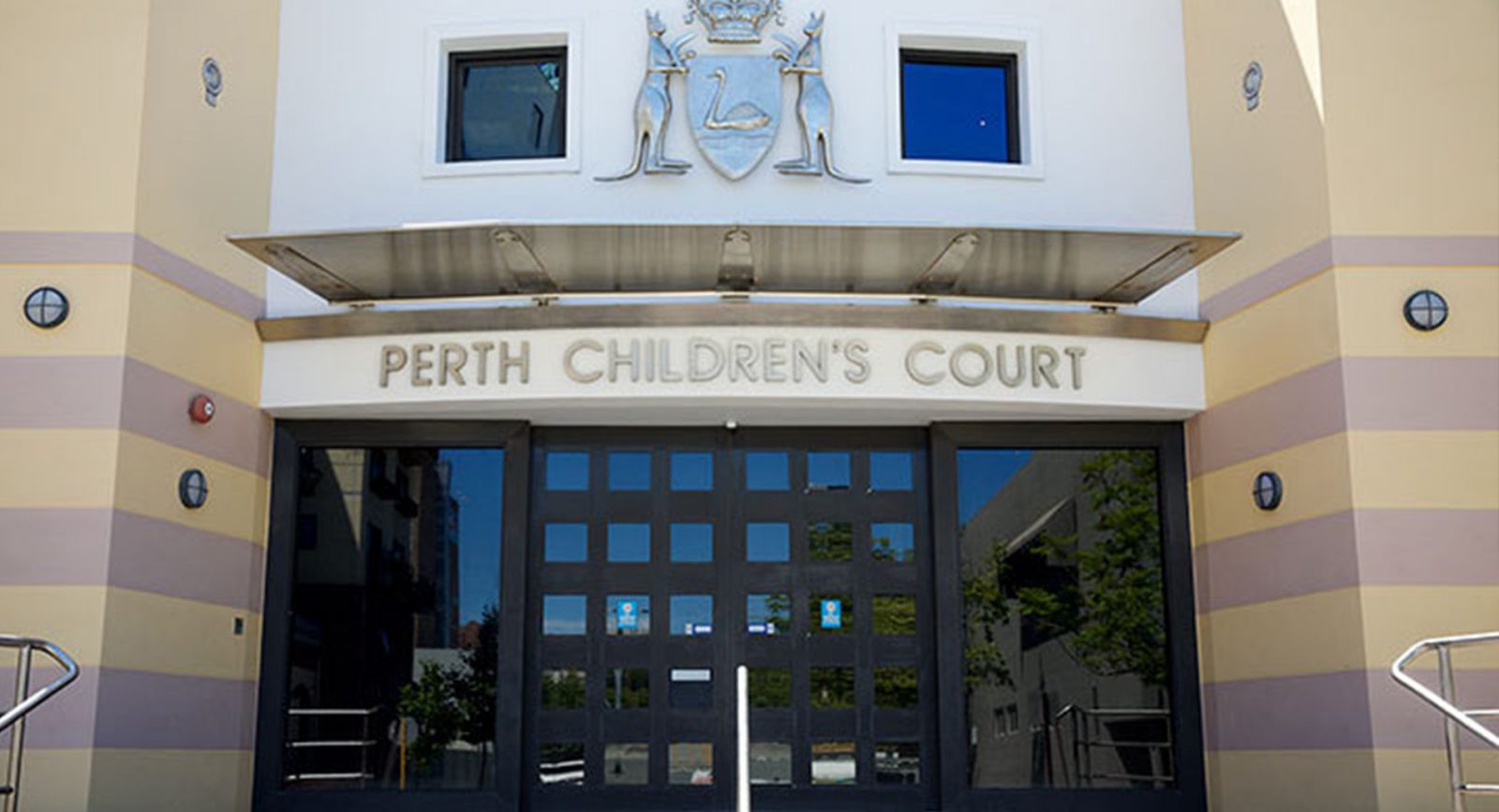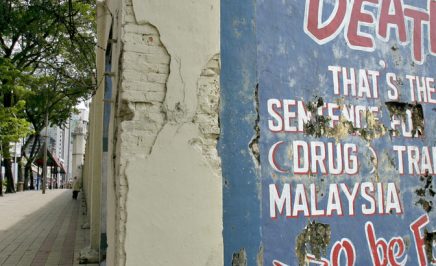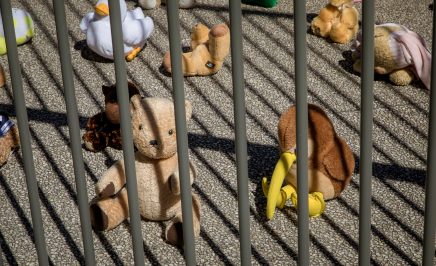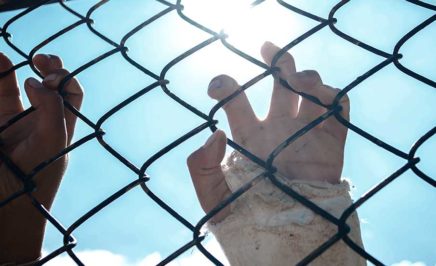Western Australia (WA) locks up Indigenous young people at the highest rate in Australia.
Julian Cleary, a Campaigner in our Indigenous Peoples’ Rights Team, explains the impact the proposed Criminal Law Amendment (Home Burglary and Other Offences) Bill 2014 would have on Indigenous young people in WA and what you can do to help.
So, what’s happening in WA at the moment?
In 2013–14 Aboriginal young people accounted for 78.3 per cent of all young people in detention – despite only making up around 6 percent of the population. This needs to change, but a Bill is currently being debated in the WA Parliament which will make the situation even worse.
The Criminal Law Amendment (Home Burglary and Other Offences) Bill 2014, which the Government wants to pass this week, expands the “three strike you’re out” laws for home burglaries. The changes would mean that instead of offering rehabilitation or other community lead alternatives, judges would have no choice but to lock up young people.
The President of the Children’s Court has condemned the changes, saying they are likely to “result in an increase in the number of Aboriginal young people from country WA being sentenced to lengthy terms of detention…if the Court is obliged to impose a term of detention or imprisonment of at least a year, it will have little or no scope to properly reflect the level of seriousness of the particular offence in the sentencing option and the length of the term imposed.”
The Premier of Western Australia Colin Barnett has made a personal commitment to reduce the alarming rates of Indigenous incarceration in his state. This Bill is going to be a giant step in the wrong direction.
Does locking kids up actually help?
We know locking up young people doesn’t work and the WA government knows it too.
The WA Minister for Corrections has talked about his Government’s “determination to stop the waste of potential that occurred every time a young person ended up in detention”. However, if passed, the Bill will lead to at least 60 more kids being locked up each year, and probably more.
Rates of recidivism (or relapse) for Aboriginal young people are 90 per cent and criminologists say that the best way to deal with youth offending is to address the underlying causes. Detaining young people only makes them more likely to offend as adults.
What is the Bill calling for?
The Bill will expand the cases where a mandatory minimum one-year sentence will apply to young people for home burglaries. Prior records will be taken in to account even when the young person has admitted guilt and participated in rehabilitation programs. Mandatory minimum sentencing prevents judges from factoring in mitigating circumstances when giving people a sentence.
The Bill will also roll out mandatory minimum sentences for serious and violent offences that occur when a burglary is committed. But these offences already carry extremely long sentences and it is not clear why a mandated minimum is needed.
And what will happen if the Bill is passed?
The Government concedes that at least another 60 places will need to be built at the youth detention centre in Perth – at an astronomical cost to the taxpayer. It costs a staggering $300,000 dollars a year to lock up one young person – money that would no doubt be better spent on addressing the underlying causes of offending.
The President of the Children’s court has also said that the changes will create “a large number of more hardened, angry and disconnected young offenders” who “will have a wide sphere of influence on other disconnected children, including even younger children than them. That will create an ongoing multiplier effect, which over time, will sustain and increase serious offending and its human and financial cost to the community.”
What is Amnesty doing about it?
Amnesty International has contacted all WA Members of the Legislative Assemble to outline its concerns and to urge them not to pass the Bill. Amnesty International has also been conducting extensive research on the youth justice system in WA over the past two years and will published its findings in June 2015. The report will offer practical recommendations to the WA Government and Opposition on ways to stop the over-representation of Indigenous young people in detention, whilst making communities safer and supporting Indigenous-led solutions.
Find out more
Listen to Julian Cleary, our Indigenous Peoples’ Rights campaigner, discussing WA’s mandatory sentencing laws on the 2SER breakfast program.









